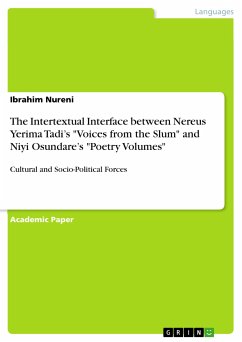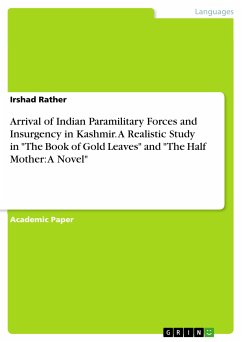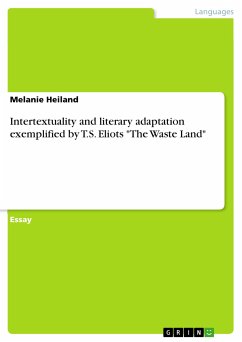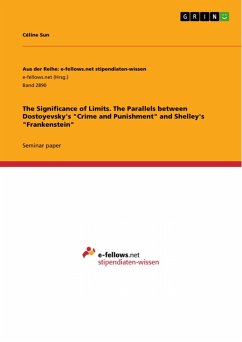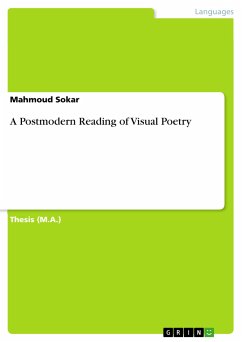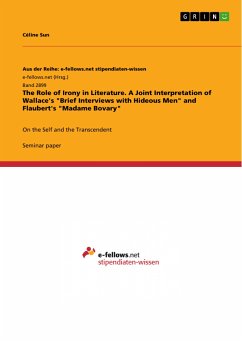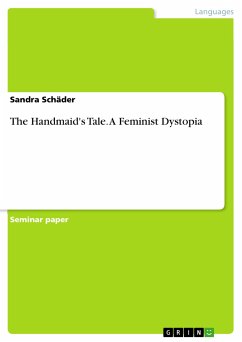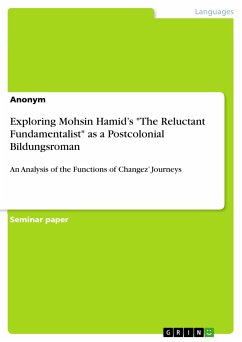Academic Paper from the year 2019 in the subject Literature - Comparative Literature, Ahmadu Bello University, course: English Literature, language: English, abstract: This study examines the manner in which Tadi’s "Voices from the Slum" is a poetic offspring of Osundare’s poetry. Also seek to purport in this paper is the discursive matrix that the medium of gathering data for any literary construction is from literature itself but not the society. This study concludes that the indeterminacy of textual, discursive formation between Nigeria’s second generation and contemporary generation poets − as shown in the poetic semblance between Niyi Osundare’s poetry and Tadi’s "Voices from the Slum" − stands on the ideological benchmark which glorifies the assertion that poetry is considered as an interdependence or reworking of other poetic arts. The figure-poet of Alter-Native poetry tradition in Nigeria, Niyi Osundare − whose ideas and thought-patterns have succeeded in popularizing a tradition of cultural essentialism − has made quite a number of contributions to the development of Nigerian poetry by domesticating the poetic form of obscured and fragmented ideas of Nigeria’s first generation poets into a poetic tongue that bears the language of both the colonizer and the colonized. His poetry volumes reject the impressionistic works of Nigeria’s first generation poets and provide sufficient resources in looking at the affairs of the nauseating socio-cultural and political system using nature-centered tropes as adaptation of cultural and natural propensities. In light of this, Tadi’s poetic ingenuity bears the influential stamp of poetry that Osundare exerts on him. As he also embraces the lingua-cultural vista of his people, Tadi’s poetic form owes this paper a duty to have a deeper insight into the socio-political activities of Nigerian society, thereby negotiating the intertextual connectivity between Tadi’s "Voices from the Slum" and Niyi Osundare’s poetry.

